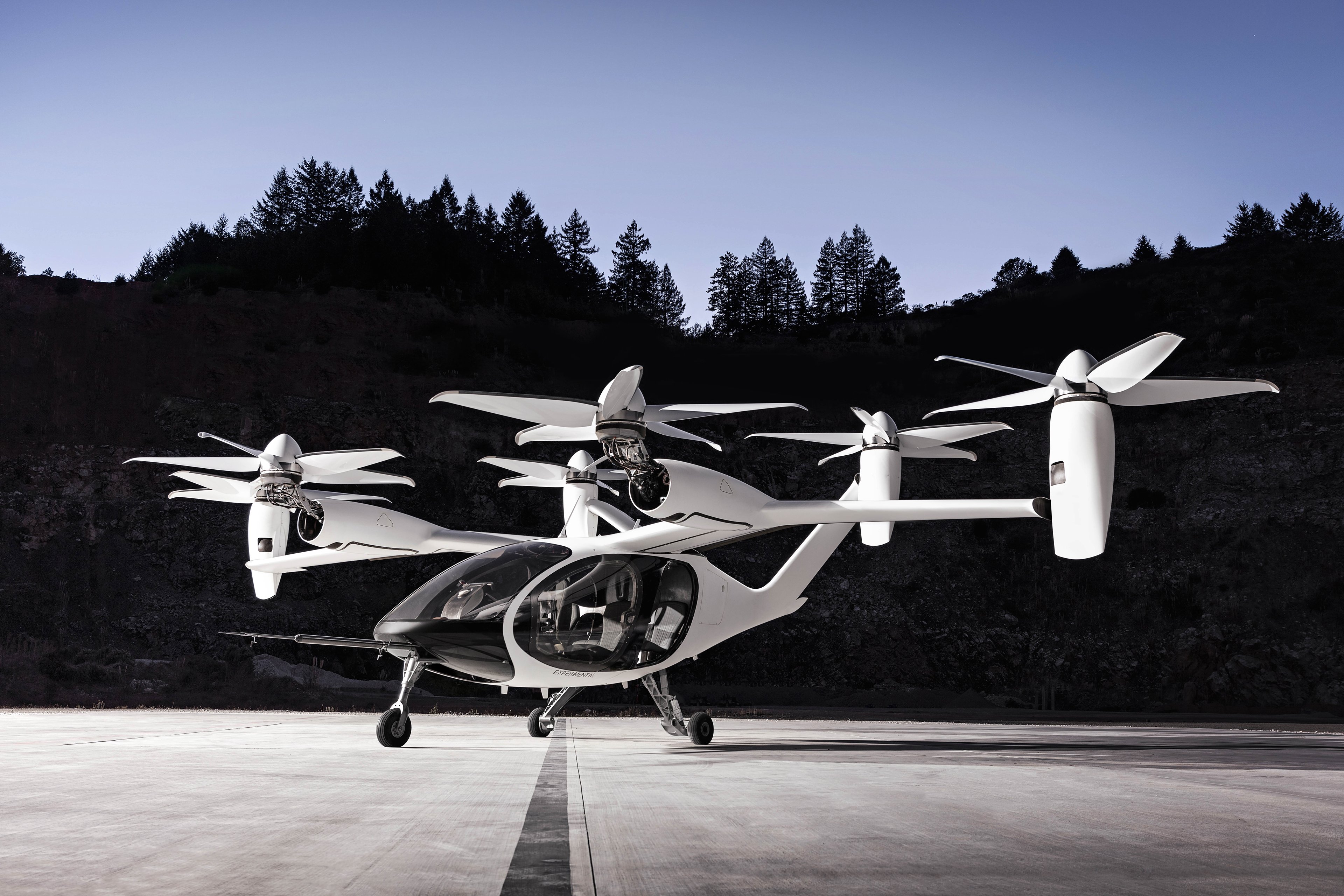Click Here to View This Page on Production Frontend
Click Here to Export Node Content
Click Here to View Printer-Friendly Version (Raw Backend)
Note: front-end display has links to styled print versions.
Content Node ID: 418959
The International Business Aviation Council (IBAC) is preparing to introduce a version of its International Standard for Business Aircraft Operations (IS-BAO) audit and certification process for operators of unmanned aircraft, including remotely piloted aircraft systems (RPAS). Phase one of the program is expected to be available in January 2022, and in a second phase, IS-BAO certification will be offered to operators of manned eVTOL aircraft as part of IBAC’s efforts to support the advanced air mobility (AAM) sector.
First established in 2002, IS-BAO provides operators of fixed-wing aircraft and helicopters with a path to validating a strong safety culture covering all aspects of operations. It is based on the Standards and Recommended Practices (SARPs) of the International Civil Aviation Organization (ICAO), in which IBAC is represented.
The extension of IS-BAO to AAM is being led by a working group chaired by Joanne Wong, head of safety with eVTOL aircraft developer Joby Aviation. She was formerly aviation safety manager with Uber, having previously held safety leadership roles with business aircraft operators, including Jet Aviation and Hongkong Jet.
According to IS-BAO program director Bennet Walsh, IBAC expects early adopters of the IS-BAO for RPAS will likely be operators who are not traditional business aviation flight departments. The group has already seen some flight departments that operate a mix of manned and unmanned aircraft, or entirely unmanned ones, seeking to certify under the current version of IS-BAO. These include power companies that need unmanned aircraft for tasks such as inspecting facilities, and fixed-wing aircraft and helicopters for moving personnel and equipment.
Walsh told FutureFlight that phase two of the IS-BAO program covering AAM will have the same fundamental objectives as those already in use for Part 135 commercial operations and Part 91 private operations, with core elements such as the use of safety management systems retained. There will be some key differences to take account of, such as that flight time reserves for electric aircraft will be defined by power rather than fuel and the need to have safe practices for recharging in different locations.
IBAC’s AAM working group expects to have phase one of the new IS-BAO process ready for initial beta test audits for a closed control group of operators before going to the organization’s standards board for approval with a view to having it fully available in January 2022. Walsh said he believes phase two for manned eVTOL aircraft could be ready around 12 months later, and that this version of IS-BAO will cover planned air taxi operations.
Earlier this month during the 222nd Session of the ICAO Council, the United Nations-backed aviation body made progress with amendments to the Chicago Convention supporting the integration of RPAS into the regulatory framework for international air transport. The Council adopted new and amended SARPS to apply to RPAS aircraft and how they are operated. The new provisions are set to become effective on July 12, 2021, and, after a transition period, to be fully applicable on Nov. 26, 2026. The most significant changes relate to Annex 8 of the Chicago Convention covering the airworthiness of aircraft.
